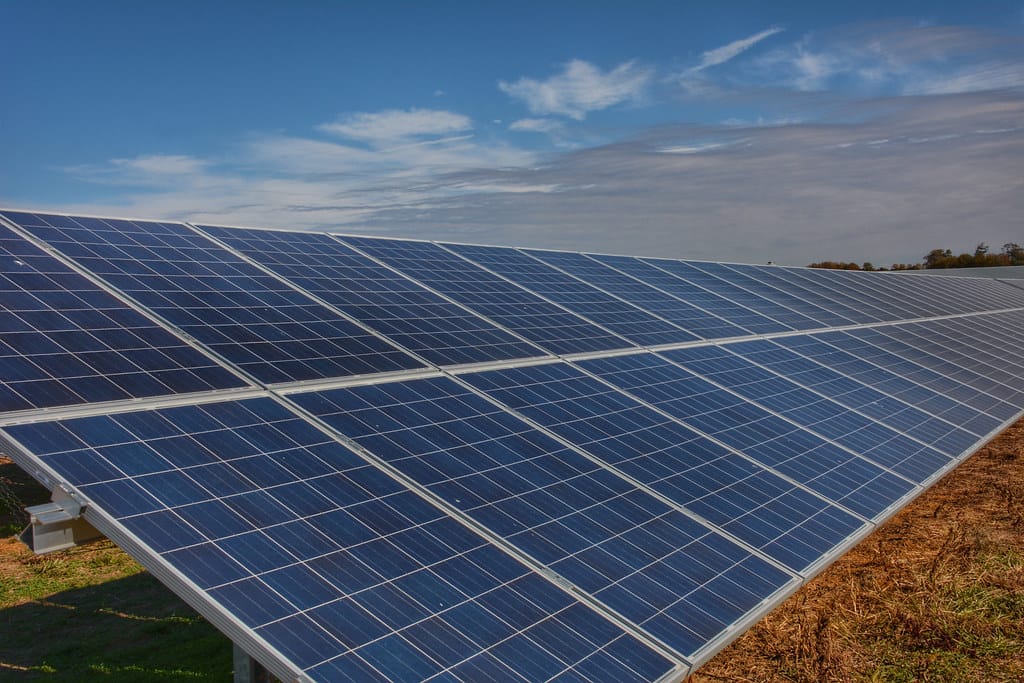Britain Turns Its Back on Groundbreaking $34 Billion Morocco-UK Subsea Power Cable
The UK government has effectively killed Europe's most ambitious renewable energy project, leaving a transformative Morocco-to-Britain subsea power cable in limbo after years of development.
The Xlinks project, which promised to deliver 3.6 gigawatts of Moroccan solar and wind power directly to British homes through the world's longest subsea power cable, has been dealt a crushing blow. After years of planning and securing initial approvals, the UK government's recent policy shifts have essentially shelved this £28 billion ($34 billion) infrastructure marvel that could have powered 7 million British homes with clean energy.
A Vision of Trans-Continental Clean Energy
The Xlinks Morocco-UK Power Project represented more than just another renewable energy initiative—it was a bold reimagining of how nations could share clean power across continents. The project envisioned four high-voltage direct current (HVDC) cables stretching 3,800 kilometers from Morocco's Atlantic coast to Devon, England, making it the longest subsea power connection ever attempted.
The numbers were staggering: 10.5 gigawatts of solar panels and 3.5 gigawatts of wind turbines spread across 1,500 square kilometers of Moroccan desert, coupled with 20 gigawatt-hours of battery storage. This would have made it one of the world's largest renewable energy installations, capable of providing 8% of Britain's electricity needs by 2030.
The Government's Cold Shoulder
Despite initial enthusiasm and the project receiving development consent from the Planning Inspectorate in 2022, the UK government's commitment began wavering. The decisive blow came with Chancellor Rachel Reeves' recent policy announcements that effectively removed pathways for long-term contracts essential for the project's financing.
The government's hesitation appears rooted in several concerns:
Energy Security Anxieties: Critics within government circles questioned the wisdom of relying on a single point of failure spanning two continents, especially given current geopolitical tensions and the lessons learned from Europe's energy crisis following Russia's invasion of Ukraine.
Domestic Industry Pressure: UK-based renewable energy companies and suppliers lobbied against the project, arguing that the government should prioritize domestic green energy production and job creation over importing renewable power from North Africa.
Financial Guarantees: The project required substantial government backing and long-term power purchase agreements that stretched beyond typical political cycles, making politicians nervous about committing future administrations.
Economic Implications Beyond Britain
The shelving of Xlinks reverberates far beyond UK energy policy. For Morocco, this represented a cornerstone of its strategy to become a renewable energy powerhouse and a bridge between African and European energy markets. The North African nation had invested heavily in positioning itself as a green energy exporter, with Xlinks serving as the flagship project.
The decision also signals broader challenges facing cross-border renewable energy projects in an increasingly fragmented global landscape. As nations prioritize energy independence over energy cooperation, ambitious international clean energy ventures face growing skepticism.
Technical Marvel Left Stranded
From an engineering perspective, Xlinks represented breakthrough innovation in subsea power transmission. The project would have utilized cutting-edge HVDC technology, capable of transmitting power across vast distances with minimal losses. The cables would have traversed diverse underwater terrain, from the shallow waters of the English Channel to the deep Atlantic basins.
The project's energy storage component was equally impressive, designed to ensure consistent power delivery despite the natural variability of solar and wind resources. This combination of generation, storage, and transmission would have created a template for future intercontinental renewable energy projects.
What This Means for Britain's Energy Future
The rejection of Xlinks forces Britain back to a more insular approach to achieving its net-zero commitments by 2050. While the UK continues investing in offshore wind and other domestic renewable sources, it now faces the challenge of meeting ambitious climate targets without access to North Africa's superior solar resources and more consistent weather patterns.
The decision underscores a fundamental tension in modern energy policy: balancing climate ambitions with energy security concerns and domestic economic interests. As nations worldwide grapple with similar dilemmas, the fate of Xlinks may well determine whether the future of clean energy lies in international cooperation or national self-sufficiency.
For now, one of the most audacious renewable energy projects ever conceived remains mothballed, a £28 billion testament to the complex intersection of climate policy, geopolitics, and economic nationalism in the 21st century.

